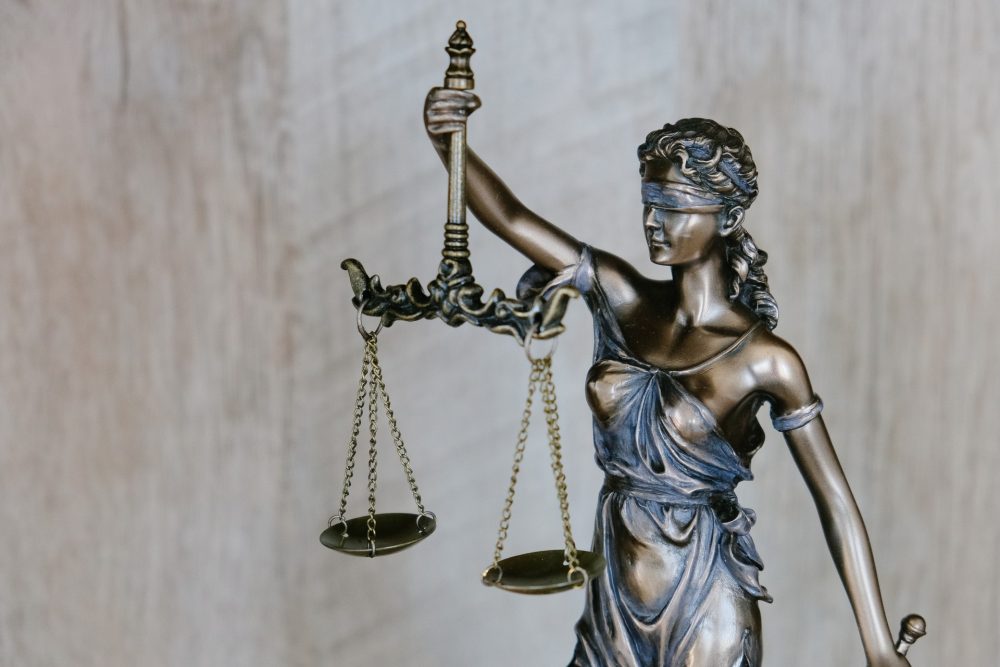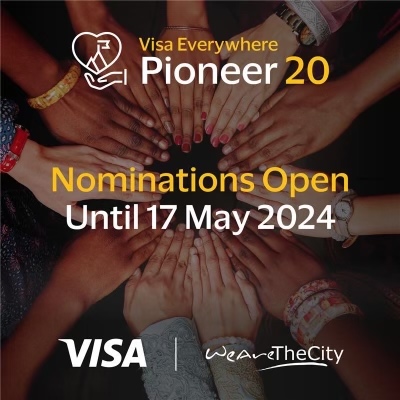
By Michelle Wright, founder and CEO of Cause4
What’s the point of being ethical? Post-COVID-19, how important will it be to maintain an ethical strategy when many organisations will be struggling to stay afloat?
The current crises have brought a series of ethical dilemmas. The global pandemic and Black Lives Matter movement have raised questions about how business leaders are acting towards their staff, their shareholders and the world at large. How will some companies protect their staff when they return to work? Will they support the flexibility that their colleagues experienced during the lockdown? How are companies taking action against prejudice in meaningful ways rather than jumping on a bandwagon?
Some corporate responses to Covid-19 demonstrated admirable ethical values: Car insurance companies that offered customers refunds and credits; clothing companies that switched production from fashion to PPE, a plethora of understanding bosses who recognised the stresses on working parents and let them choose their hours and forgave interruptions by their children. On the reverse side, stories have come out of many which behaved poorly. One in three furloughed employees were asked to break rules and keep working. Some business landlords refused to close their office buildings, charging rent even though none of their tenants were able to come to work if they followed government guidelines.
The ethics of corporations can too often feel like something only to be explored during good times – an unfortunate casualty during crises. The danger for our society is when we put a halt to the progress that was being made to improve vital ‘upgrades’ to things that matter – accessibility, diversity and equality. These fundamentals can get lost as organisations fight to survive financially. There’s a misconception, outlined in Rutger Bregman’s recent book, Humankind, that civilisation is a thin veneer that cracks at the merest provocation. He argues that for too long we’ve believed that when times are tough, we revert to Lord of the Flies style self-interest and cruelty. His research finds that the opposite is true. His evidence shows that historically when the bombs fall or the floodwaters rise, we humans become our best selves. The acts of kindness that have been displayed during the pandemic, and the widespread support of the Black Lives Matter movement, should give us hope that we’re good beneath the veneer. And we need our businesses to be the same.
Ethical strategy isn’t a behind-the-scenes activity, or a special project initiated after the company has been accused of ethical wrong-doing. An ethical strategy should be informed by and influence every aspect of an organisation. Too often decisions are made, or issues ignored, by a board of directors cut off from the ‘real world’. Without diversity of opinion or lived experience to provide a broader view of the challenges being faced or the opinions of the wider community, strategies are too limited to be effective.
We are going to expect a lot from our leaders in the year ahead, and the public won’t accept excuses from companies in defence of a decision or a failure to act. We will want to see our leaders act with integrity and not to cut into the meat of an organisation. They need to demonstrate openness and honesty in their decisions, putting their people first and not just to meet political or economic interests. We need to advocate far more quickly against injustice and to create urgency around burning issues.
What every organisation needs is a ‘defensible’ policy; a clear view on how to act to avoid backlash, without ignoring vital fundraising or income-generating opportunities. This strategy is the umbrella for all activity, something that all levels of management can reference in order to maintain an ethical stance on the decisions they make every day. It’s important that there is a structure to any discussion about ethics. Conversations about what constitutes a defensible ethics policy should incorporate diverse insight. Emotions can get fraught when ethics are discussed from a personal perspective rather than an organisational one, and it’s important to remember that the goal is to ascertain an organisational consensus as to what’s appropriate as opposed to being steered too much by the views of individuals.
Ethics is a roadmap not a rule book. In the same way, our leaders need to be inspirational not dictatorial. Is it possible to be ethical when the world is under such stress? The Veneer Theory suggested that we’re all a few steps away from revolt and self-interest. But that’s just not true. Humans are generally kind, considerate, industrious and, yes, ethical. And, now more than ever, we need our businesses to be that way too.
 About the author
About the author
Michelle is founder and CEO of Cause4. Launched in 2009, Cause4 offers strategic support to charities and not-for-profit organisations. The company has grown rapidly and has worked with some of the country’s leading charitable organisations. Cause4 works in the private sector developing CSR and philanthropy programmes with organisations such as Santander, Close Brothers and Cineworld and supports the development of philanthropic foundations. A Guildhall School of Music & Drama and Ashridge Business School graduate, Michelle worked for four years as a professional violinist before becoming a fundraiser. She started Cause4 with a vision to revolutionise the charitable sector. Cause4 was one of the UK’s first B Corporations. Michelle considers ethics a vital skill for leadership – she was selected one of Salt’s World’s Top 100 Compassionate Business Leaders.
WeAreTheCity covers the latest female centric news stories from around the world, focusing on women in business, careers and current affairs. You can find all the latest gender news here.
Don’t forget, you can also follow us via our social media channels for the latest up-to-date gender news. Click to follow us on Twitter, Facebook, Instagram, and YouTube.







